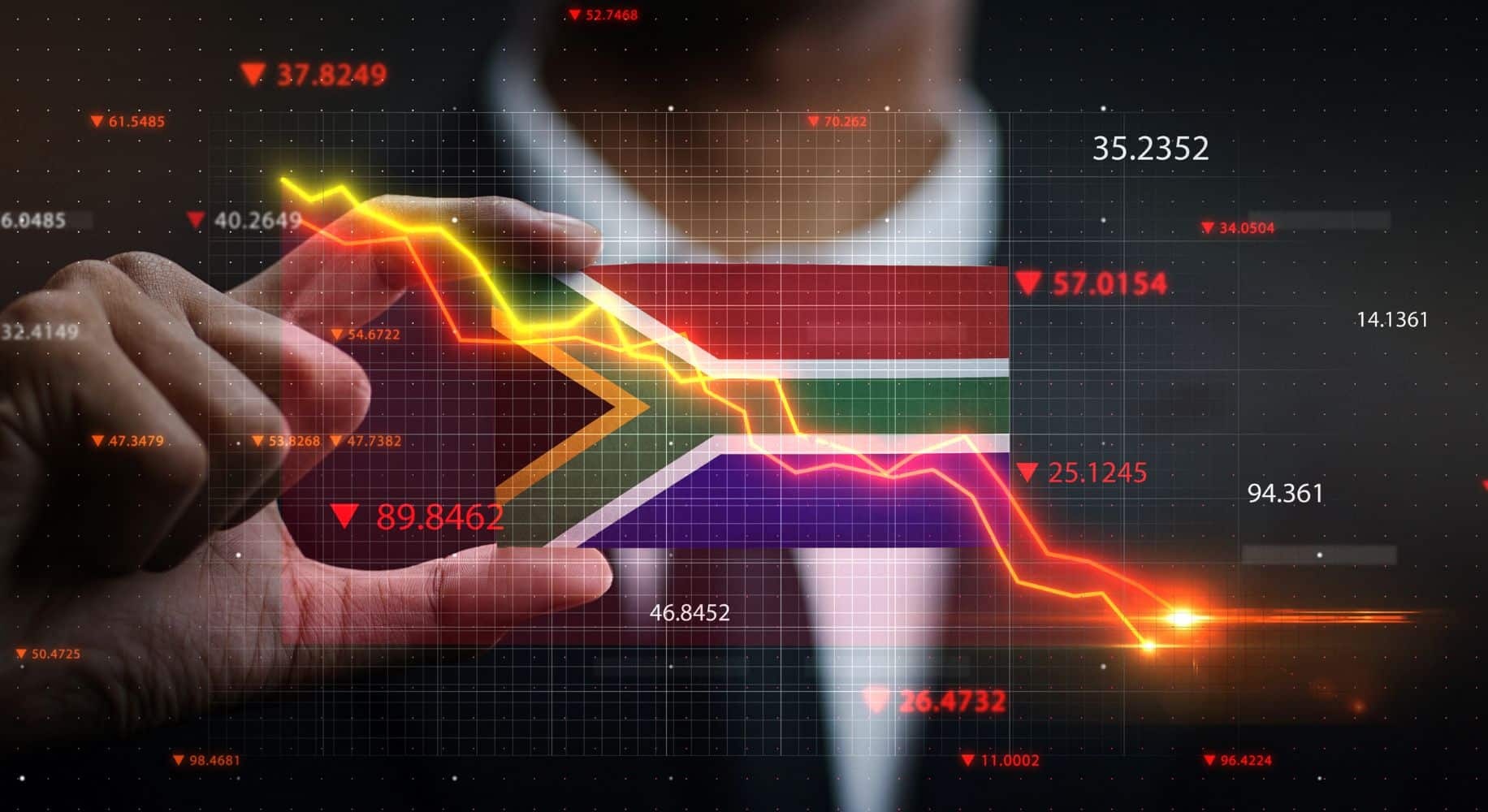While inflation remained low in June, the picture can change from 1 August if the US tariff on South Africa remains at 30%.

It was another busy week on the local political front, with a minister fired, while on the international front countries are waiting to see if US president Donald Trump will TACO (Trump Always Chickens Out) or stick to his guns and implement the tariffs he recently proposed.
Lisette IJssel de Schepper, chief economist at the Bureau for Economic Research (BER) says while it was a big week on the local political front, there was some constructive momentum.
President Cyril Ramaphosa dismissed higher education and training minister Nobuhle Nkabane who is facing accusations that she misled parliament.
After Nkabane’s dismissal, the DA agreed to support the departmental budget on higher education, essentially clearing the way for the Appropriation Bill to be passed.
“While this will not be the last test for the government of national unity (GNU), she says it is a welcome sign that Budget 3.0 can now be finalised, allowing attention to shift toward the October medium term budget policy statement (MTBPS),” De Schepper said.
ALSO READ: ‘Open our eyes and ears’ – Ramaphosa on how to tackle US tariff hike on SA cars
US tariffs: will Trump TACO?
She said that ahead of next week’s 1 August deadline, Trump announced another “massive” trade deal. Japan and the US agreed on a 15% reciprocal tariff, rather than the 25% that Trump initially threatened.
“Reports suggest that the European Union and the US are nearing a deal, also for 15%, but this has not been confirmed. Unlike other nations or regions, the EU already announced that it has a retaliatory package ready to implement, if necessary, which puts the global economy at additional risk should negotiations fail.
“Trump has said that 15% will probably serve as a floor for reciprocal tariffs, which means the UK was ‘lucky’ to have been able to settle at 10% early on. In addition to Japan, a deal was reached with the Philippines, with tariffs at 19%, in line with Indonesia and just below Vietnam’s 20%.”
ALSO READ: JSE All Share Index hit 100k points
Oil and gold lower as risk appetite increases
Bianca Botes, Citadel Global director, commenting on commodities, says Brent crude breached $69/barrel as markets cheered progress on a US-EU trade agreement, anticipating that reduced tensions would spur global growth and oil demand.
“Supply-side forces further bolstered prices, including constrained Russian exports and tighter diesel markets due to new EU import restrictions and talks of sanctions on Russian oil. These factors offset demand concerns and underpinned the week’s rally,” she said
Botes saidgold hovered near $3 360 per ounce, consolidating earlier gains after a midweek pullback as risk appetite improved.
“Easing of global trade frictions and equity records prompted some investors to rotate out of safe haven assets, but gold still managed a 0.6% rise for the week, benefiting from lingering uncertainty around US Fed policy and geopolitics.”
ALSO READ: Economists lower GDP growth forecast due to global and domestic risks
Rand firmed against the dollar this week
Turning to the rand, Botes says it firmed against the dollar, moving in tandem with rising JSE equities and elevated commodity prices. “Steadiness in domestic bond yields, resilient mining sector profits and improved global risk appetite provided support for the currency, despite local growth and fiscal headwinds.”
Busisiwe Nkonki and Isaac Matshego, economists at the Nedbank Group Economic Unit, said the rand gained strength on Wednesday, trading at R17.55/$ against the dollar, as inflation increased slightly, suggesting the Reserve Bank (Sarb) may proceed with further interest rate cuts.
“Renewed optimism on the GNU also supported the local unit. All parties in the GNU supported the 2025 Appropriation Bill, dampening earlier fears of a deadlock after the DA threatened to oppose the bill if the president did not act against a truant cabinet minister.
“However, the local unit surrendered some of the gains this morning to trade around R17.77/$ this afternoon.”
ALSO READ: Inflation still low enough for repo rate cut, but only in September – economists
Inflation edged up to 3% in June as expected
Inflation edged up to 3% in June from 2.8% in May, driven by food and non-alcoholic beverages that increased by 5.1% and housing and utilities that increased by 4.4%. The increase in food inflation was mainly driven by an acceleration in meat prices (6.6%) amid supply chain issues due to avian flu and foot and mouth disease, Tshepiso Maroga, economist at the BER, says.
Mamello Matikinca-Ngwenya, Siphamandla Mkhwanazi, Thanda Sithole and Koketso Mano, economists at FNB, say they see headline inflation rising to 3.6% in July, as utility and food costs ratchet up and fuel deflation moderates. For the year, they forecast average headline inflation of 3.5%.
Nkonki and Matshego also said the increase was in line with their expectations.
“The food price increases were caused by temporary restrictions on poultry imports from Brazil due to avian flu, some tightening in local red meat supplies due to new outbreaks of foot-and-mouth disease and the lingering impact of earlier floods on vegetable and fruit supplies.”






